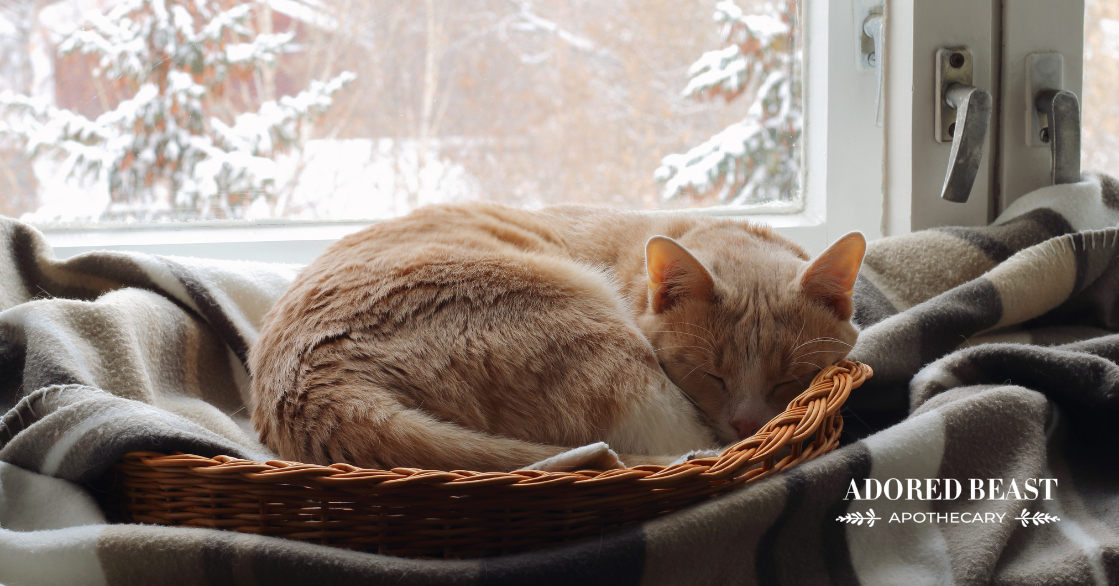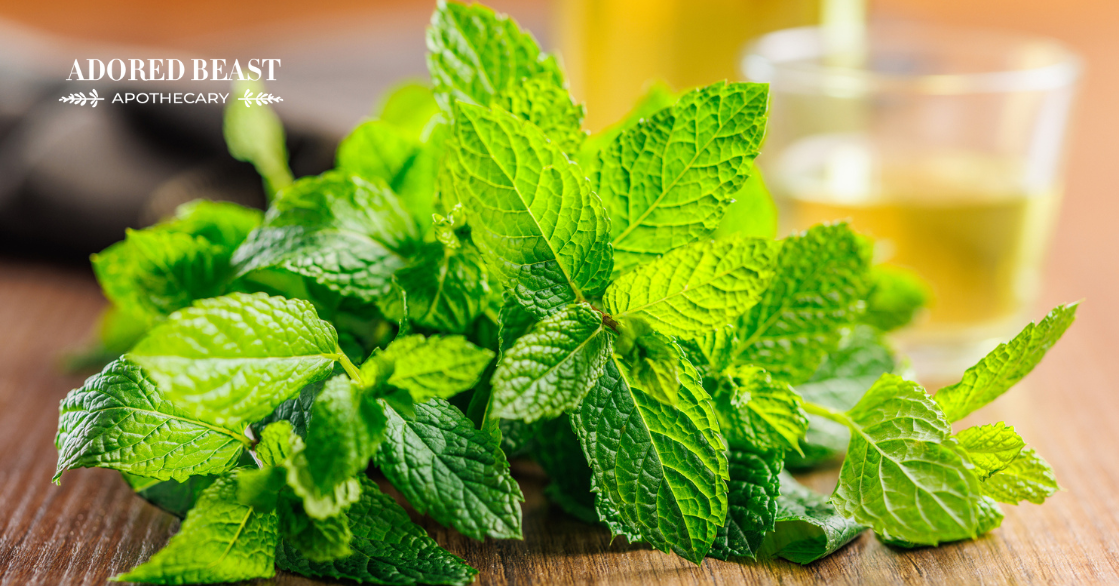As much as we dislike the thought, there are times when our beloved cats need surgery. Whether it’s a routine procedure like spaying or neutering, an operation to treat an injury, or something more complex, medical intervention is sometimes necessary. No matter the reason, surgery can be stressful for both you and your feline companion. As devoted pet parents, we naturally want to do everything possible to ensure a smooth and comfortable recovery. That’s exactly what this blog is about – how to help a cat after surgery.
We’ve covered all the essential aspects, including comfort, natural pain relief, proper nutrition, and incision care. Here’s how you can provide the best post-surgical support for your furry friend.
How to Help a Cat After Surgery
Want to understand how to help a cat after surgery? There are several ways. These are our top recommendations for overall care.
1. Managing Pain
Pain relief is essential for a smooth healing process. You never want your pet to be in discomfort. Your veterinarian may prescribe medications, but there are also natural options to complement their care — either as an alternative or after prescribed pain meds are finished (as long as the pain is well-managed):
- CBD Oil – Cannabidiol (CBD) has anti-inflammatory and pain-relieving benefits. Choose a high-quality, pet-safe product and consult your vet for proper dosage. If you’re new to CBD, here are some helpful tips.
- Arnica – A homeopathic remedy that can help minimize swelling and bruising. Use under veterinary supervision. Our Your Go 2 is a great arnica option.
- Massage Therapy – Gentle massages can ease muscle tension and improve circulation, promoting healing. Avoid the incision area. If your cat resists, don’t force it.
- Cold or Warm Compresses – Applying a cold compress in the first few days can reduce swelling, while a warm compress later on may help with stiffness.
2. Creating a Cozy, Quiet Space
Once you bring your cat home, ensure they have a peaceful and secure space to rest.
- Provide a Calm Environment – Your cat will likely be drowsy after surgery and will need a quiet place to recover. Set up a clean, soft bed in a draft-free, cozy room.
- Maintain a Comfortable Temperature – Ensure the room is neither too hot nor too cold.
- Minimize Disruptions – If your cat seems to prefer solitude, keep other pets and young children out of their recovery space.
- Limit Climbing – Depending on the type of surgery, your vet may advise against climbing and jumping. Restrict access to cat trees and closely monitor their activity.
3. Nutrition to Support Healing
A nutrient-rich diet can speed up recovery and strengthen your cat’s immune system. Focus on easily digestible, high-quality foods:
- Protein-Rich Foods – Proteins aid in tissue repair. Offer lean meats, fish, or premium cat food with high protein content.
- Bone Broth – A gentle, nutrient-packed option that supports healing with essential amino acids. Here’s how we make it.
- Omega-3 Fatty Acids – Omega-3s help reduce inflammation and promote recovery.
- Probiotics – Probiotics support gut health, especially if your cat was given antibiotics post-surgery.
- Pumpkin – Surgery can sometimes cause constipation, and a little extra fiber can help. Plain pumpkin puree is gentle on digestion and easy to mix into food.
4. Protecting the Incision
It’s crucial to prevent your cat from licking or scratching their incision to avoid infections or complications. Here are some options:
- Elizabethan Collars (E-Collars) – The traditional cone may not be the most comfortable, but it’s highly effective.
- Soft Collars – A softer alternative that still prevents access to the incision.
- Surgical Suits or Onesies – Specially designed recovery suits cover the incision area while allowing your cat to move freely.
- Bandages or Wraps – In some cases, your vet may recommend a protective bandage, depending on the incision site.
5. Detox Support After Surgery
After surgery, your cat’s body may need extra help detoxing from anesthesia, pain medications, and antibiotics. While these treatments are often necessary, supporting the body’s natural detoxification process afterward can be beneficial. Focus on the liver and kidneys—your cat’s main filtering organs.
- Detoxifying Herbs – Herbs like milk thistle, dandelion root, and parsley can help cleanse the body. Our Liver Tonic is a great option.
- Humic and Fulvic Acid – These natural minerals help remove heavy metals, toxins, and other unwanted substances. They also support liver and kidney function. For this, we recommend Felix’s Flora or Soil & Sea.
How to help a cat after surgery requires teamwork between you, your veterinarian, and your cherished feline. By combining natural healing methods, proper nutrition, mental enrichment, and careful incision care, you can support their recovery holistically. With your love and attention, your cat will be back on their paws in no time!












